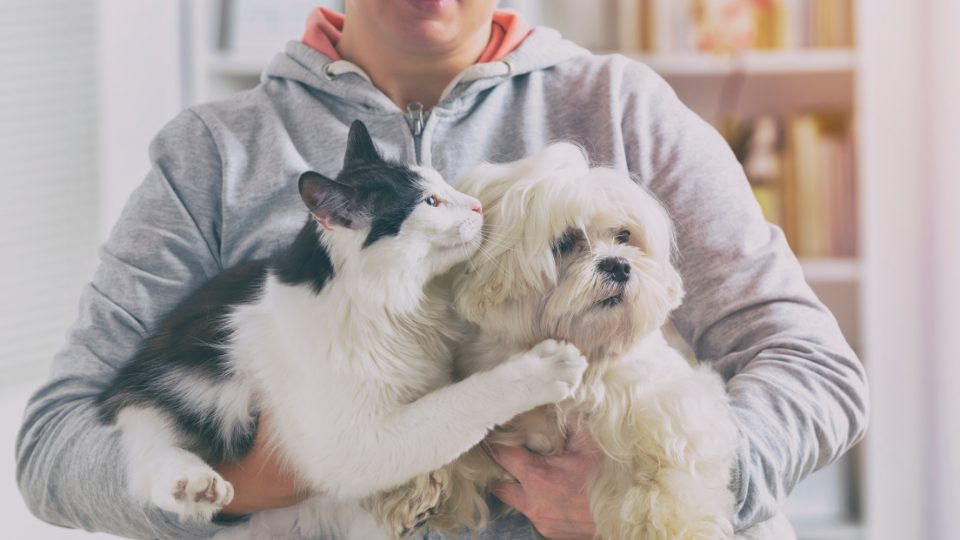Vaccinations for Dogs & Cats:
For Dogs & Cats: Rabies vaccine:
Rabies vaccination is highly recommended. In this way, it is considered a “core vaccine”. It should be given at around 16 weeks of age, then a booster given in a year, then every 3 years thereafter.
Puppies/Dogs: DAP = distemper, adenovirus & parvo virus:
This core (recommended) vaccine combination should be given at 8 weeks, 12 weeks, and again at 16 weeks of age. There should be a booster in 1 year then every 3 years.
Puppies/Dogs: Kennel Cough (Bordetella):
This is non-core (optional) vaccine and is given particularly to dogs that will be exposed to large numbers of other dogs in close quarters – such as boarding facilities, dog shows, obedience classes, daily regulars at the off-leash dog park, doggy daycare, flyball/agility dogs and frequent trips to the groomers (more than 6x in a year). This can be discussed with your veterinarian. This vaccine is given annually when needed.
Puppies/Dogs: Leptospirosis:
This is a non-core (optional) vaccination that is applicable in situations where dogs are exposed to wildlife (especially rats’ & raccoons’) urine. It requires 2 inoculations 1 month apart, then once/year thereafter when needed.
Puppies/Dogs: Lyme disease:
Again, individual situations will dictate what is appropriate, but the Lyme disease vaccine is considered non-core (or optional) and may be used on dogs who are exposed regularly to ticks. This is an annual vaccine when it is applicable.
Kittens/Cats: HCP = Herpes & Calici viruses & Panleukopenia viruses:
This core (recommended) vaccine combination is given at 8 weeks, then 12 and then 16 weeks, and boosted a year later, then every 3 years.
Kittens/Cats: FeLV = Feline Leukemia virus:
Feline Leukemia is a non-core (optional) vaccine and is recommended for specific patients. These patients are usually young cats and those going outdoors or living in multi-cat households. Necessity regarding vaccinating mid-age and older cats is yet unknown, but you can discuss the need for this vaccine and any questions about it with your veterinarian.


Recent Comments